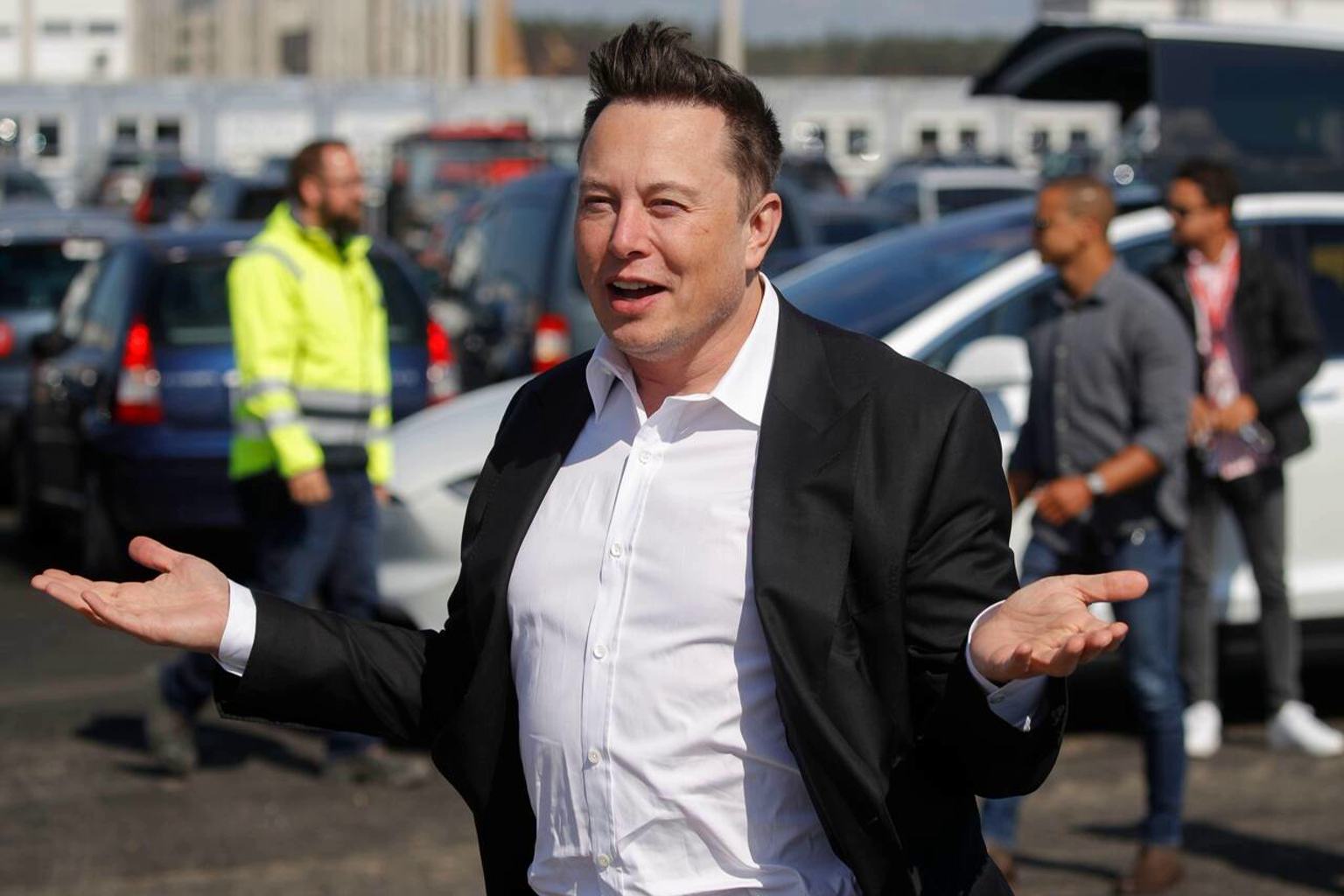Imagine waking up one day to find that one of the richest people in the world decided to share their incredible fortune with every person in the United States. How much would land in your hands? Elon Musk’s wealth is so vast, it’s hard to grasp its scale — but breaking it down reveals something both surprising and thought-provoking.
The staggering size of Elon Musk’s fortune in america
As of June 2024, Elon Musk’s net worth ranks around $368 billion, making him the richest individual in the world. To put this into perspective, consider that the United States has approximately 341 million people. If Musk’s fortune were divided equally among every American, each would receive about $1,080. That means a couple could pocket over $2,150, and a family of four might see a check for more than $4,300.
At first glance, this might seem like a life-changing windfall, but it also offers a window into the scale of wealth concentration in today’s economy. When you think about everyday expenses, $1,000 is hardly enough to cover a month’s rent or a few weeks of groceries for most families. Yet the fact that one person’s net worth translates to just over a thousand dollars per person reveals how wealth and resources are spread across society.
Understanding what makes up Elon Musk’s wealth
Despite headlines shouting billion-dollar figures, the truth is much of Elon Musk’s fortune isn’t parked in cash or spending money. Instead, his wealth is tied up in company shares, stakes, and assets that can fluctuate daily. For example, Musk owns about 12% of Tesla, the electric vehicle and renewable energy powerhouse valued at more than $1.1 trillion. Alongside that, he holds a 42% share in SpaceX, his privately owned aerospace company, and a 54% interest in his newest venture, xAI.
These investments mean Musk’s net worth is strongly linked to the stock market and the performance of his companies. It’s a lot like owning a giant empire where fortunes rise and fall based on investor confidence, technology breakthroughs, and global economics. In some years, his net worth has surged by more than 50%, making headlines all over the world — while in others, it has shrunk due to market volatility.
What wealth distribution sparks about economic fairness
The image of billionaire fortunes being shared among everyday people prompts a powerful question: how should wealth be distributed in a society? As living costs in the U.S. continue to rise, many Americans are demanding more fairness and considering changes to tax policies that could redistribute some billionaire wealth toward funding public goods and services.
While $1,000 for each American might not erase economic inequality, it’s a useful way to talk about the gaps in wealth and opportunity. It points to a bigger issue about how resources, capital, and power are concentrated in fewer hands even as millions struggle to get by. From my own experience, seeing news stories about billionaires often feels disconnected from the reality faced by friends and neighbors trying to make ends meet.
Have you ever thought about what you would do if you suddenly received a thousand dollars from a billionaire’s windfall? Would you save it, pay off debt, or spend it on something long overdue? Share your thoughts below! How do you feel about the growing wealth divide, and what changes would you like to see?
Let’s keep this conversation going. Comment with your ideas, share this article with friends, and let’s discuss the future of wealth and fairness in America together.
